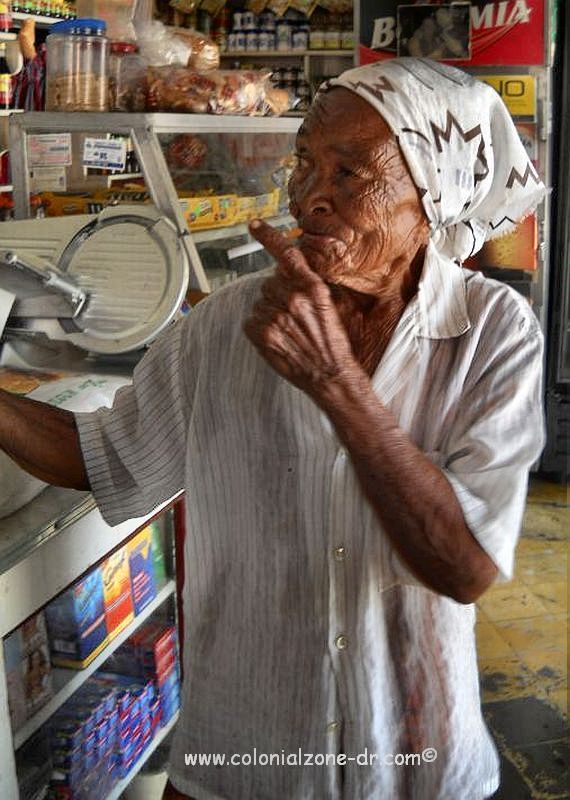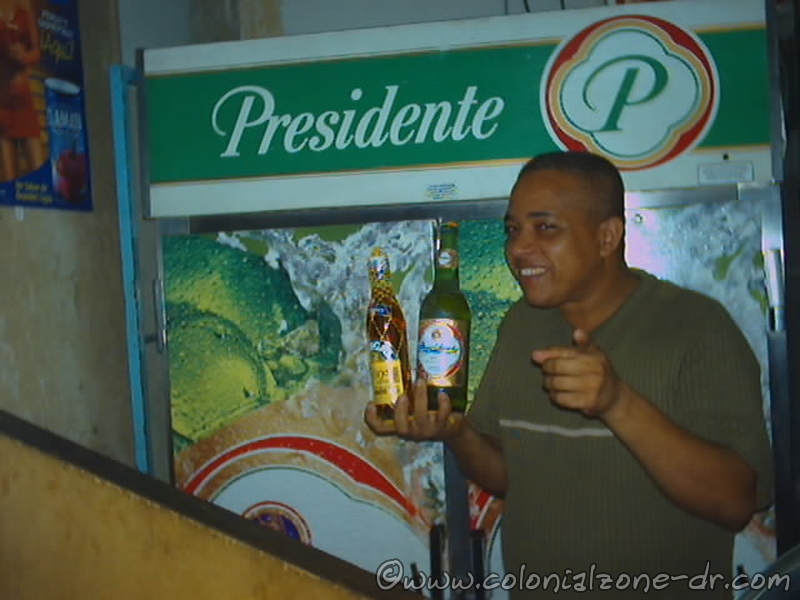Dominican Towns & Taino Words
Taino Language Used Today | Funny Names Of Dominican Towns Translated
Many words that originated from the Native Taino Indian Tribes are still used today. These Taino words are still in use in Dominican Republic and throughout the World.
Have you ever wondered what the names of different towns and barrios around the Dominican Republic mean? Check it out, some can be quite funny.
Taino Language Used Today
The Taino Indians were some of the original inhabitants of the island of Hispaniola. When the Spanish arrived they adopted many of the indigenous peoples’ words into their own vocabulary. Many of these words are still used throughout the world today. Just think, you may have been speaking the Taino language and you didn’t even know it.

Arepa – corn tortilla or type of cornmeal bread or cake (Arepa recipe)
Barbacoa – a platform held aloft on legs. Used for many things but widely known to be a barbecue when it was used for cooking
Bohío – straw hut
Borinquen – land of the valiant, the Taino name for Puerto Rico
Boricua – people from Borinquen (Puerto Rico)
Hamaca – hammock
Huracán – hurricane
Cana – type of palm
Caiman – type of crocodile
Cacata – tarantula
Carey – sea turtle or tortoise
Cayo – small barren island
Cazabe – Cassaba bread (more info on cassava and yuca)
Chin – a small amount
Chinchilin – blackbird
Cibao – land within mountains
Cojoba – loose tobacco
Cocuyo – firefly or lightning bug (in Dominican legend cocuyos are known as Nimitas)
Fututo – horn made with a snail or conch shell
Guacara – a cave
Guaraguao – a kind of hawk that eats small animals
Guano – type of palm
Guay – expression of pain (in Dominican Spanish they say “Guay mi Mai”)
Higuaca – type of parrot
Hupia or Juipa – a spirit or ghost of the night
Iguana – big lizard
Jaiba – small crab

Lambi – conch meat
Licei – brave and daring (the name of the baseball team)
Mabi – very popular fermented beverage
Macana – a policeman’s stick (known as a Garrote in Spanish)
Macuto – a basket woven with palm or cane leaves
Manati – the sacred marine animal (more information of the Sirens)
Maní – peanuts
Maraca – musical instrument
Nagua (a city in DR) – breechcloth
Quisqueya – also spelled Kiskeya (it is the name given to this island by the natives) – mother of all lands
Sabana – large valley or plain
Sapo – type of frog
Tabacu’ – Tobacco
Tureyro – sky
Yarey – type of palm
Funny Names Of Dominican Towns Translated
Names of places and towns/ barrios, cities/ cuidads, and streets/ calles in Dominican Republic and their English translations.
Many times when you try to translate a word from any language to your own the idea is lost in the translation. Some words can end up to be quite funny when you use the literal English translations. Hope you get a little laugh as I did. Maybe when you come to visit you might want to pass through the towns named “The pool of flies” or “hanging dogs”.
Ahorca los Perros – Hanging Dogs
Bajos de Haina – Haina Downs
Bocacanasta – Basket Mouth
Castañuelas – Little Castanet Town
Castillo – Castle Town
Correa y Cidrón – Belt and Big Sider
Dajabón – Give Soap
El Aguacate Adentro – The Inside Avocado
El Cachón de la Rubia – The Blondie’s Big Crab
El Hoyo de Chulín – Little Gigolo’s hole
El Peñón – The Big Rock
Elias Piña – Elias Pineapple
Enriquillo – Little Henry
Esperanza – Hope City
Francisco Villaespesa – Frank Thick Village
Jacinto de la Concha – Jason of the Shell Street
Jobo Bonito – Cute Plum
Juana Saltitopa – Jane Jump and Touch Street
La Cañada del Diablo – The Devil’s Ravine
La Descubierta – The Discovered One
La Otra Banda – The Other Side
La Piscina de Moca – The Pool of Fly
Los Guandulitos – Little Slackers
Las Matas de Farfán – Pharpham’s Trees
Los Mameyes – The Orange Colors
Los Pepines – The Pickles
Los Tres Brazos – The Three Arms
Los Tres Ojos – The Three Eyes
Luis Cambiaso – Louis Big Change
Mano Guayabo – Guava Hand
Mata Barraco – Kill Pork
Matahambre – Kill Hunger
Monte Plata – Silver Mount
Mono Mojao – Wet Monkey
Padre Las Casas – Father the Houses
Sabana de la Mar – Sea Plain

Sabana Larga – Long Plain
Sabana Perdida – Lost Plain
Sabana Yegua – Mare Plain
Tamboril – Little Drums
Valverde – Green to Go
Villas Agrícolas – Farming Village
Villa Altagracia – High Thanks Village
Villa Consuelo – Consolation Village
Villa Faro – Lighthouse Village
Villa Francisca – Frances Village
Villa Juana – Jane Village




